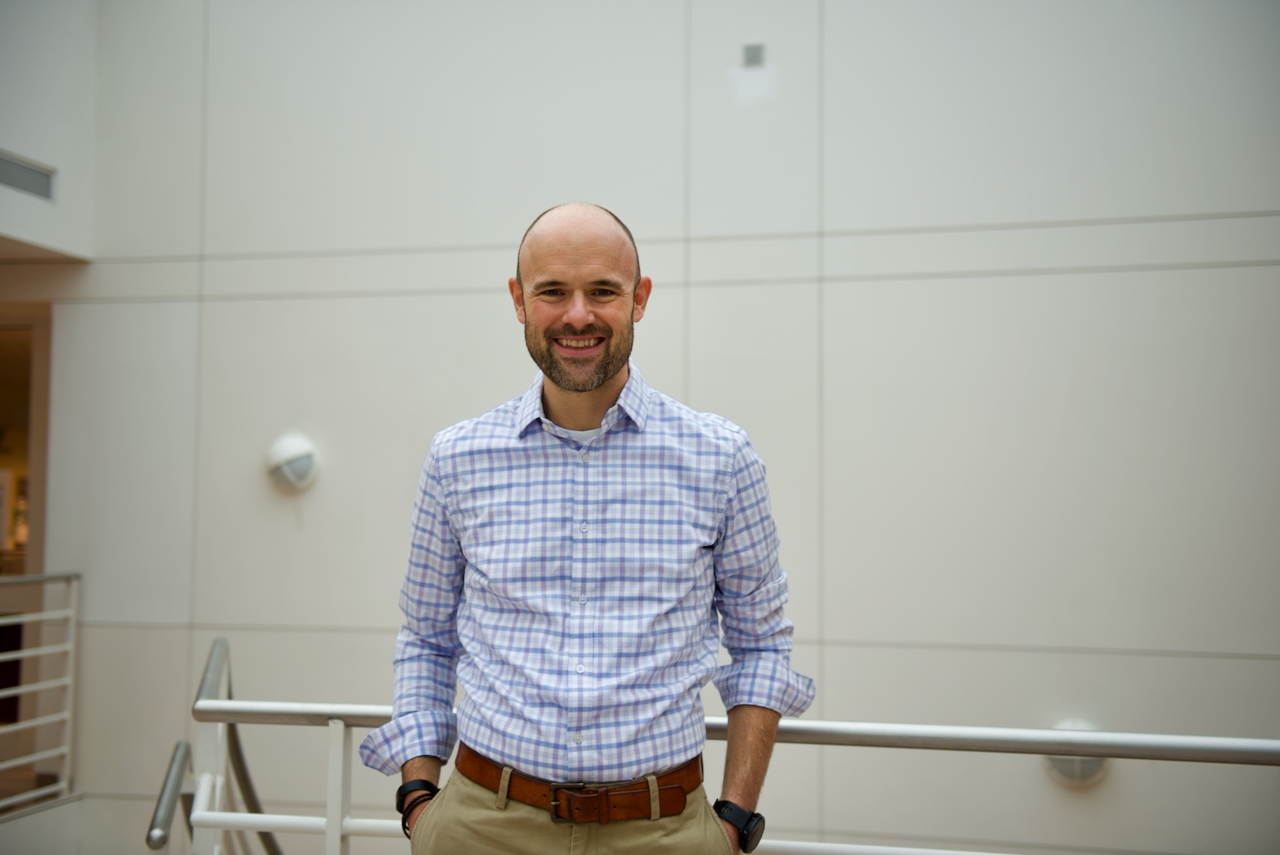Risk management and data analysis are critical life skills for Grayson Dill, ’11, who draws upon these core attributes while scaling mountain summits around the world and working as a wilderness EMT. Along with expertise and drive, they also have helped advance his banking career, propelling him to his current position as a risk management leader at Bank of America.


Dill Shaped New College Role
Students, faculty and staff at UNC Charlotte have also benefitted from Dill’s expertise and vision over the past months, as he brought risk management to life in his work as the inaugural mathematician-in-residence in Charlotte’s Department of Mathematics and Statistics. Through that role, Dill helped shape the department’s real-world connections.
“By positioning a local business leader in the department,” Dill said, “we have challenged faculty and staff to bring about greater alignment between research and education goals and the needs of the local business community. We also have challenged students to think more practically about how they might apply mathematics professionally, which will better prepare them for their careers.”
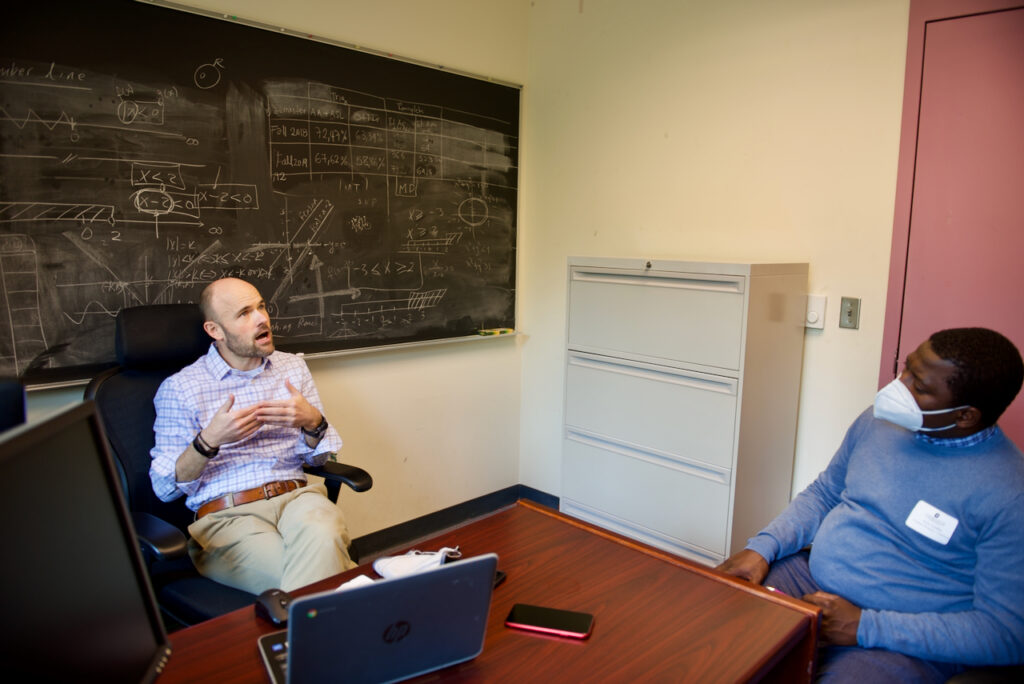
A centerpiece of the effort has been a one-credit hour class that applies mathematics to business problems commonly encountered in the financial services industry, with special emphasis on risk management. “With the help of guest lecturers, we have spotlighted actual examples of risk mitigation,” Dill said. “We challenged students to develop their own creative thinking on the subject through work on a semester project. The seminar constantly reinforced the theme that business is complicated, and mathematics rarely applies neatly. But when applied thoughtfully, mathematical tools can deliver amazing insights and efficiencies.”
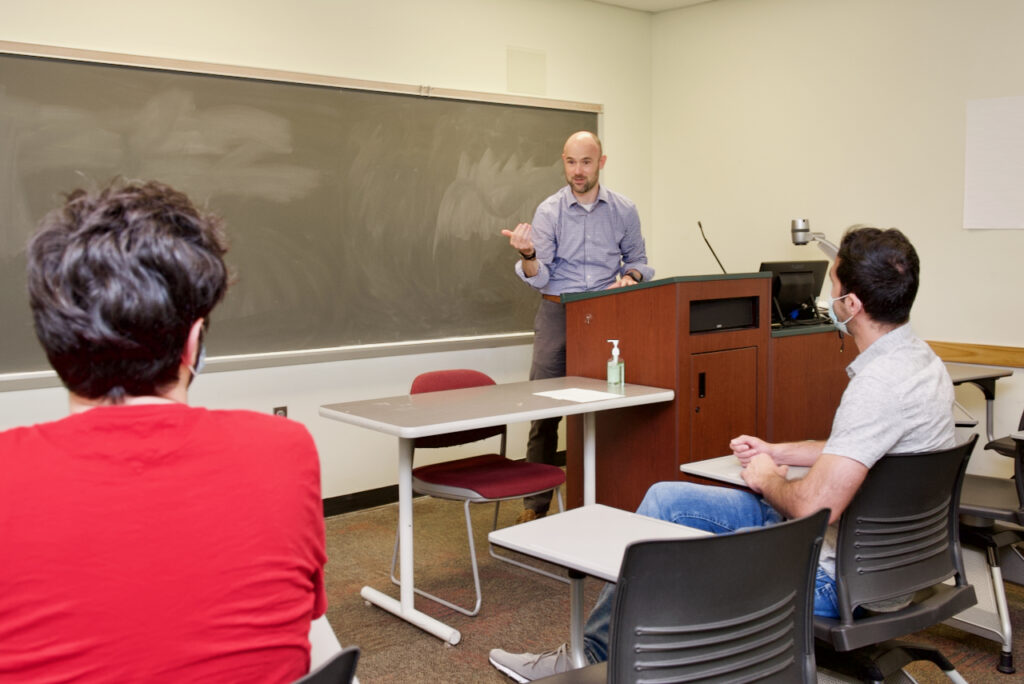
Master’s Degree Student Saw Relevance
For Kimberly Mays ‘22, who earned a master’s degree in applied statistics, an especially useful aspect of the applied mathematics seminar was seeing varied examples of professional applications of math concepts.
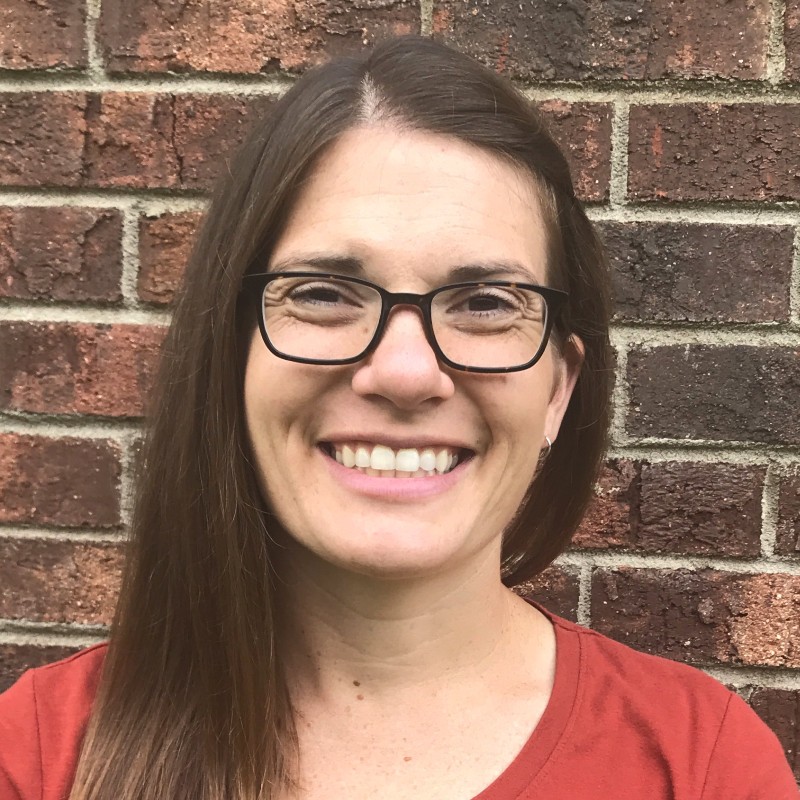
“I especially appreciated our guest lecturers and the scope of companies they represented,” Mays said. “On a personal note, I also find myself evaluating risk differently as a result of the class. For example, since I took the class, I had two fraudulent bank charges show up on my account, one of which was flagged by the bank as possible fraud and one which was not. It was interesting to consider what decisions and programs led to one charge triggering an automatic alert in the context of what we learned in the seminar.”
Mays found that her commitment to digging into the class topics resulted in deeper learning. “My favorite topics were those I really thought through on my own,” she said. “My own involvement made the difference, whether that meant completing outside reading, making time to attend office hours that week, or just heading to class with a list of questions.”
Students should be prepared to think about finance, and to think creatively about applications of math, Dill said. “We have challenged students to understand a holistic approach to problem-solving, including consultation with partners to develop coherent business problems, to use data engineering as a precursor to complex quantitative analysis, and finally, to strategically communicate results.”
As a senior vice president and client quantitative analytics manager, Dill is particularly experienced in business problems related to Bank Secrecy Act compliance and mitigation of financial crimes risk. He graduated summa cum laude from Charlotte in 2011 with bachelor’s degrees in economics and mathematics, and a concentration in political science, after receiving a bachelor’s degree in history from UNC-Chapel Hill in 2005. He earned a master’s degree in applied economics from Johns Hopkins University in 2017.
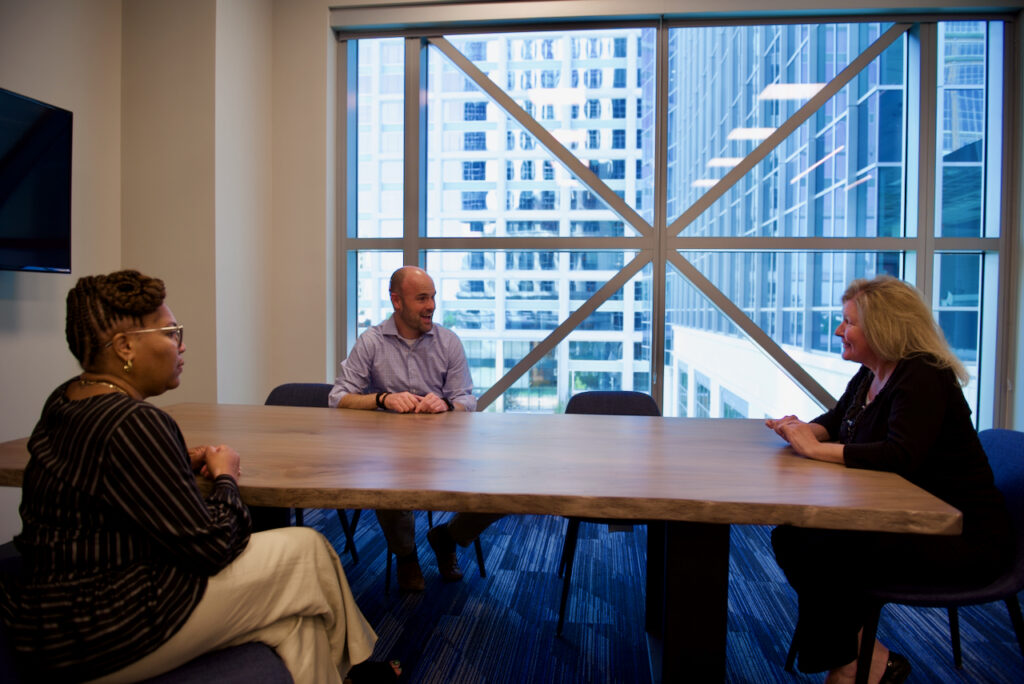
Department Chair Appreciates Bridge-Building
Positioning a local business leader in the Department of Mathematics and Statistics has spurred faculty and staff to think of ways to align research and education goals and the needs of the local business community, said department Chair Taufiquar (TK) Khan.
“The mathematician-in-residence initiative helps students and faculty cross the bridge to collaborate with business, industry and government,” Khan said. “Students learn transferable skills to be successful in employment after graduation. The mathematician-in-residence also helps faculty to learn about the mathematics applied in the local industry.”
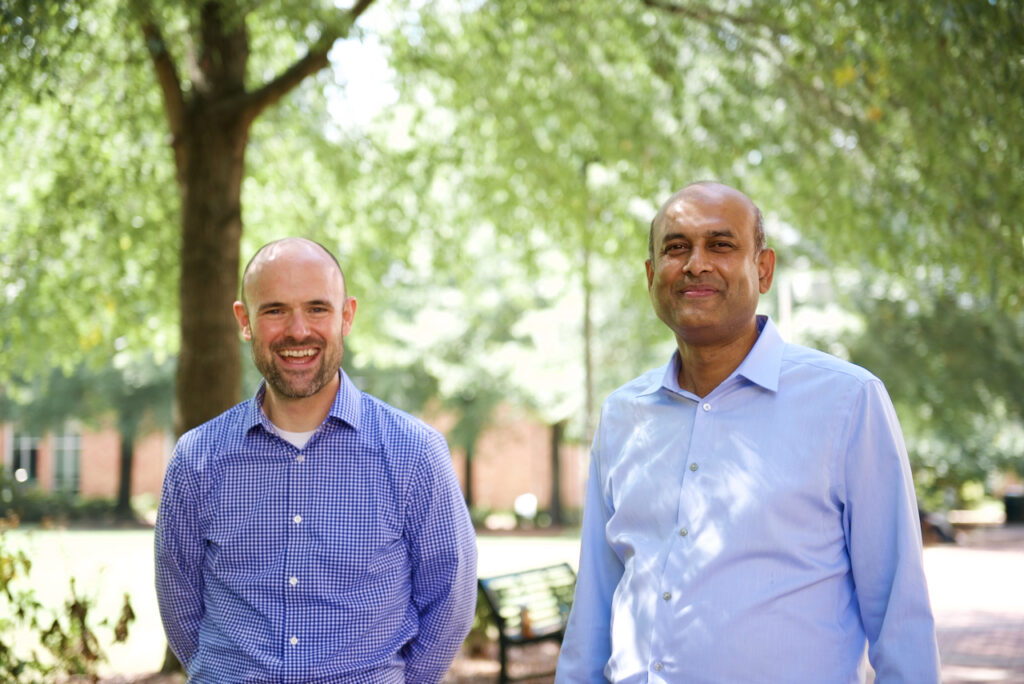
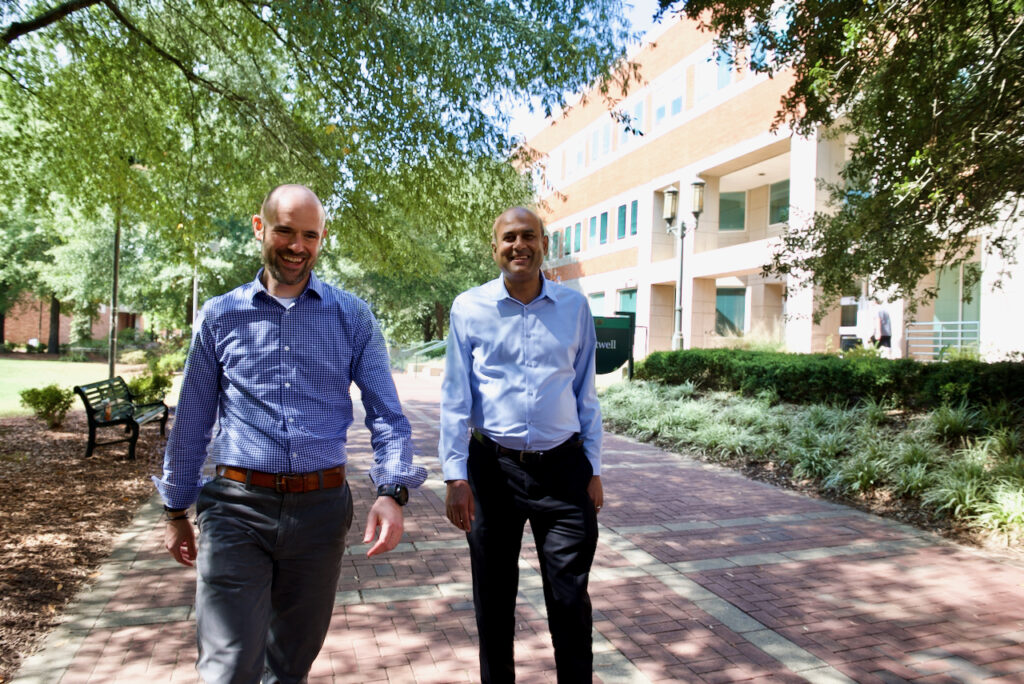
Bank of America Supports Initiative
Khan and Dill expressed appreciation to Bank of America. “I’ve been warmly supported in this endeavor by my full-time employer, Bank of America,” Dill said. “The company’s support is a great testament to its commitment to our communities, and to the Charlotte market.”
As for Mays, she has explored career paths that would draw upon her knowledge of mathematical principles and her ability to apply her skills and knowledge to situations such as those she encountered in Dill’s seminar and in her internships, including one in sports analytics.
“I was drawn to mathematics originally by curiosity,” she said. “I like that the same mathematical principles that help evaluate risk in banking can also be applied to sports, public health, ecology, education, and other areas. The most interesting parts of the world seem to exist in the sometimes-messy intersection of the quantifiable and everything else.”
Words and Images: Lynn Roberson | Additional Images Courtesy of Grayson Dill



